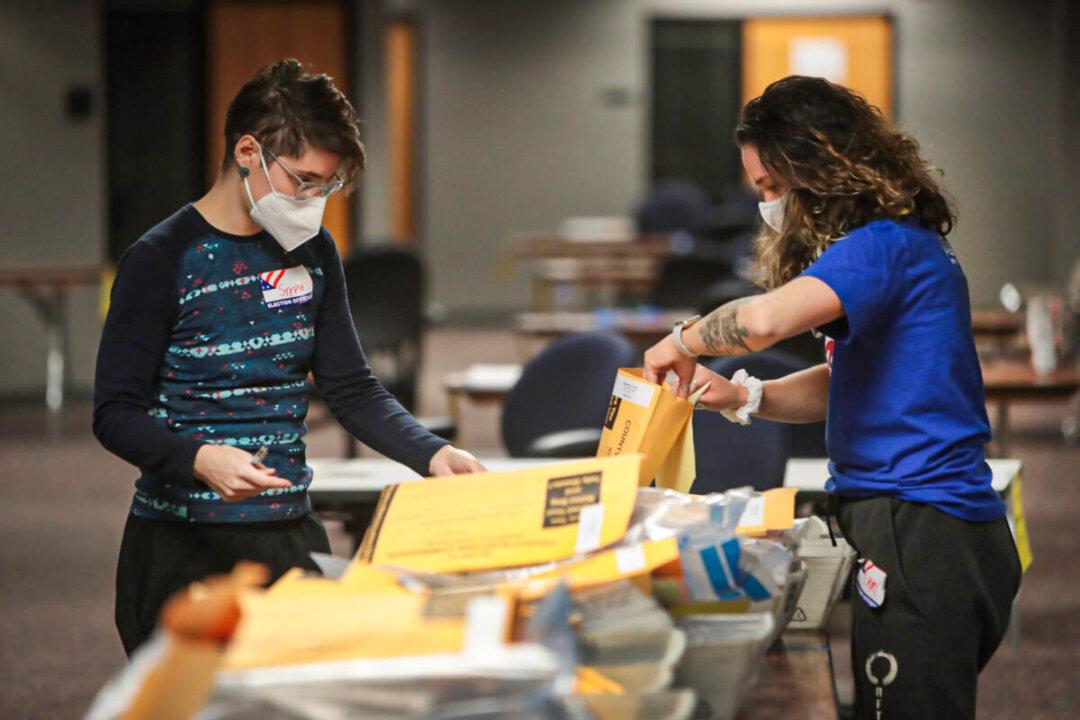A Wisconsin judge on Wednesday dealt a blow to a group in the state who hoped to change rules governing absentee ballots, denying their request that local election clerks accept absentee ballots that contain partial addresses of witnesses.
Dane County Circuit Judge Juan Colas said in his ruling (pdf) that in the past 56 years that Wisconsin elections have been conducted, and absentee ballots counted, they have apparently been done so “without a legally binding definition of the witness address.”




